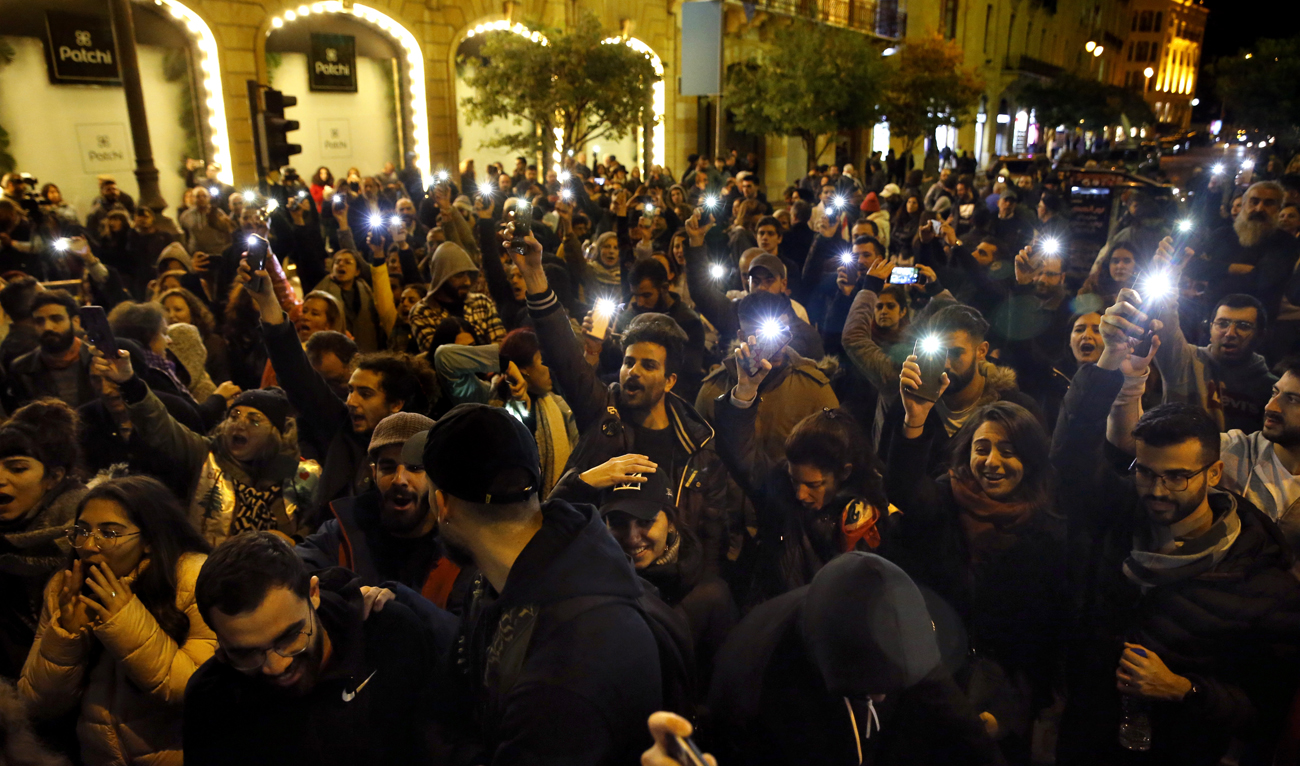Palestinian strawberry farmers hope for rich pickings as export markets open up this season
BEIT LAHIA/GAZA: Farming in the Gaza Strip can be unpredictable at the best of times, but for strawberry grower Akram Abu Khousa years of toil under Israeli restrictions are starting to bear fruit.
The Palestinian farmer is celebrating the success of the first major export of his crop from Gaza to Gulf markets, business he hopes will compensate him and his fellow growers after years of heavy financial losses suffered due to Israeli blockades and restrictions on border trade crossings.
“Over past years we have faced problems with marketing, which was almost confined to the local market. This forced us to reduce prices significantly and inflicted heavy losses on us, as a result of the deteriorating economic situation in the Gaza Strip,” Abu Khousa told Arab News.
“This season may be different in terms of production volume and quality.”
The blockade imposed by Israel following the success of Hamas in the second Palestinian legislative elections in early 2006, led to huge losses for strawberry farmers, and caused the areas of cultivated land to be reduced to only 450 dunums (111 acres) in 2015.
However, Israel increased the export allowance in 2017, reviving hopes among farmers of a more prosperous future.
The strawberry harvest season begins in early December and continues until the end of March.
This year Abu Khousa planted an area of more than eight dunums (almost 2 acres) of strawberries in the northern Gaza town of Beit Lahia, seven dunums of which were in the traditional way and one using hanging pots.
“The trend for hanging planting has increased the rate of production. One dunum cultivated in the modern way gives more than three times the traditional cultivation,” he said.
The soil and climate of Beit Lahia contain characteristics that distinguish the area from the rest of the Palestinian lands, making it ideal for the cultivation of high-quality strawberries.
SPEEDREAD
The blockade imposed by Israel led to huge losses for strawberry farmers, and caused the areas of cultivated land to be reduced to only 450 dunums in 2015.
At the beginning of December, Abu Khousa and other strawberry farmers began the process of harvesting and exporting their crops to West Bank cities. The Ministry of Agriculture had asked them for samples, and after testing their quality, the daily average of trucks allowed to leave Gaza was determined by the Israeli side.
The price of 1 kilo of strawberries locally, usually at the beginning of the season, was about 10 shekels (nearly $3), but gradually decreased, reaching four shekels at peak periods.
“If the export process does not continue, we will suffer a major setback and loss,” added Abu Khousa. He pointed out that local sales did not cover the basic cost of production.
He noted that the vast experience of the farmers of Beit Lahia made them capable of producing crops to meet strict international specifications.
The strawberry season provides hundreds of work opportunities during harvest times, helping to alleviate high unemployment rates in the Gaza Strip.
According to the latest data from the Palestinian Statistics Center, jobless rates were running at 53 percent, and 67 percent among youth.
Spokesman for the Ministry of Agriculture in Gaza, Adham Al-Basyouni, told Arab News: “Israel has tried over the years of the blockade to control the export of strawberry products in particular, because it knows that it is one of the distinct crops that come out to the West Bank and European and Arab markets.”
The success of the experimental export of strawberries — which included 8 tons going to Saudi Arabia, the UAE and Bahrain — had been a major boost for farmers and the local economy in Gaza, said Al-Basyouni, and he hoped it would be a prelude to further shipments of strawberries and other crops.
Strawberries are exported through Kerem Shalom, the only commercial crossing in the Gaza Strip, and then moved on to Jordan via King Hussein Bridge, and from there to the Gulf states.
The director of the Agricultural Cooperative Society in Beit Lahia, Mohamed Ghaben, said: “Gaza strawberries have very high-quality specifications and compete with the global product.”
There were 1,700 dunums planted with strawberries this season, compared to 1,100 dunums last season, and he expected production levels this time round to reach 5,000 tons, half of which were planned for export, he said.
The cultivation of strawberries in the Gaza Strip began at the end of the 1960s, with an experimental area estimated at one-and-a-half acres, and after achieving remarkable success, it gradually expanded until it reached 2,500 dunums in 2005.

US hospital causes controversy in GazaIsrael strikes in Gaza after rocket attack



